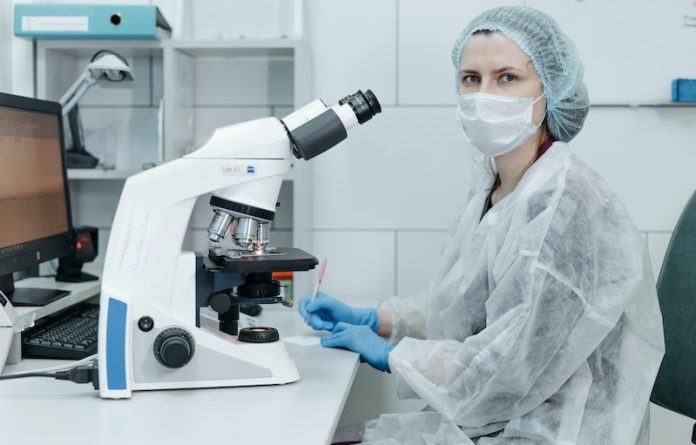
Monoclonal antibody treatments, as their name suggests, are therapies that prompt antibody production in people already infected with a pathogen.
In a study from Leibniz Institute for Primate Research and elsewhere, scientists found that the SARS-CoV-2 omicron variant BQ.1.1 is resistant to all known monoclonal antibody treatments.
In the study, the researchers looked at COVID-19 variants and the effectiveness of monoclonal antibody treatments used to combat them.
They looked at BJ.1, BA.4.6, BA.2.75.2 and BQ.1.1—all subvariants of the omicron strain of the SARS-CoV-2 virus.
The team tested each against all of the currently available monoclonal antibody treatments to see how well the treatments are working.
They found that all of the variants were resistant to some of the treatments and that BQ.1.1 was resistant to all of them.
The finding is alarming in one respect—BQ.1.1, along with BQ.1, currently comprise nearly half of all infections in the U.S.
But the team suggests that because of the multi-pronged attack the medical community has taken against the virus, together with large numbers of people infected, the overall numbers of infections are low.
Also, monoclonal antibody treatments are typically only given to infected people with underlying conditions that are believed to be at great risk of serious complications from the disease.
On the other hand, no one really knows what this new development might mean for the progression of the pandemic.
If you care about COVID, please read studies about new way to predict severe COVID-19 and shark antibodies may hold the key to stopping COVID-19.
For more information about COVID, please see recent studies about rare blood clots after COVID-19 vaccination, and new therapy from bananas may help treat COVID-19.
The study was published in The Lancet—Infectious Diseases.
Copyright © 2022 Knowridge Science Report. All rights reserved.



